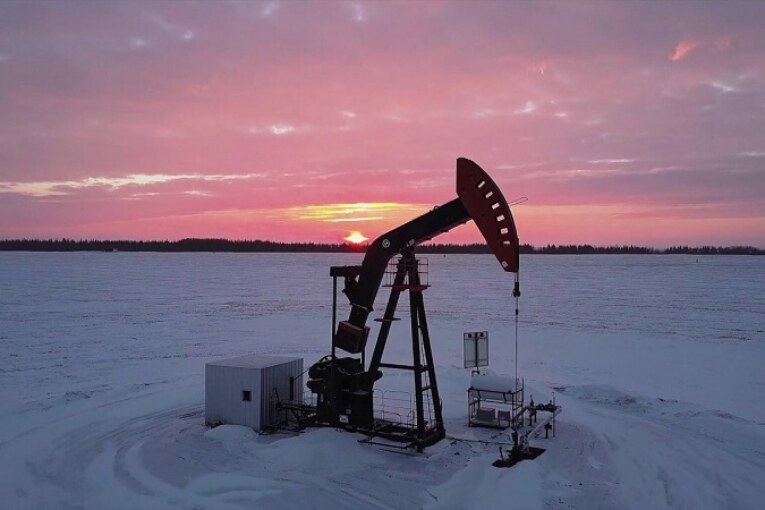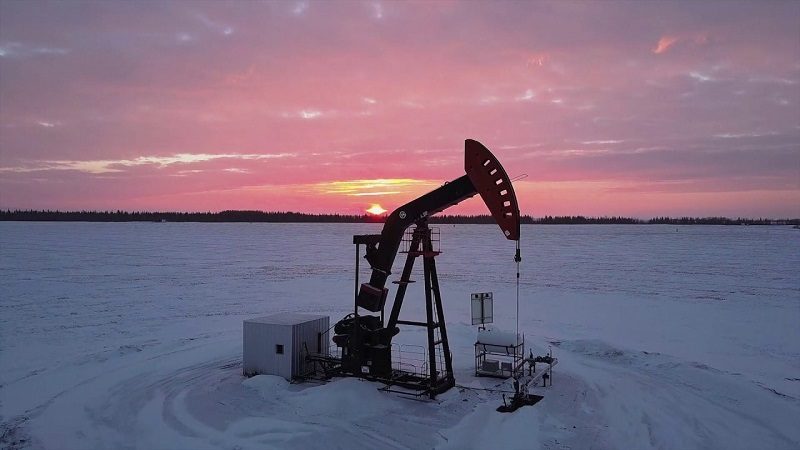

U.S. oil was down slightly on Wednesday while Brent gained more ground with a broad-based rally in global markets supporting prices.
U.S. West Texas Intermediate (WTI) crude dropped 31 cents, or 0.40%, at $75.73 a barrel.
The benchmark Brent crude declined 28 cents, or 0.35%, at $78.75 a barrel.
Both contracts are trading near their highest levels in a month, aided by strength in equities.
Asset classes from oil to equities have clawed back losses from late November, when the Omicron variant of COVID-19 sent investors scurrying for safety.
A delay in Britain and France on imposing more COVID curbs before the year-end also excited investors. As the worst fears over the impact of the variant have subsided, investors have returned to risk assets.
Omicron-induced staff shortages led to thousands of flight cancellations over the Christmas weekend in the United States.
Oil prices were underpinned by three oil producers declaring forces majeures this month on part of their oil production because of maintenance issues and oilfield shutdowns.
A preliminary Reuters poll showed on Monday that U.S. crude oil inventories are likely to have dropped for the fifth week in a row, while gasoline inventories were seen mostly unchanged last week.
The poll was conducted ahead of reports from the American Petroleum Institute, an industry group, due at 2130 GMT on Tuesday, and the EIA, the statistical arm of the U.S. Department of Energy, due at 1530 GMT on Wednesday.
Russia is unlikely to hit its May target of pre-pandemic oil output levels due to a lack of spare production capacity but could do so later in the year, analysts and company sources said on Tuesday.
Deputy Prime Minister Alexander Novak, in charge of Moscow’s ties with the OPEC+ group of oil producers, has said output by May is expected to hit pre-pandemic levels, or about 11.33 million barrels per day (bpd) of oil and gas condensate, as seen in April 2020
Investors are awaiting an OPEC+ meeting on Jan. 4, at which the alliance will decide whether to go ahead with a planned production increase of 400,000 barrels per day in February.
At its last meeting, OPEC+ stuck to its plans to boost output for January despite Omicron.
The development of Iran’s largest oilfield, Azadegan, is to be completed by mid-2023 with a total production of 320,000 barrels per day (bpd), the Iranian Oil Ministry said on Tuesday.
You can read more of the news on source



